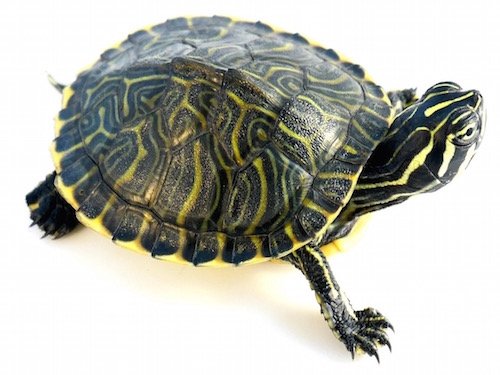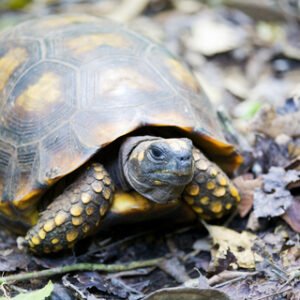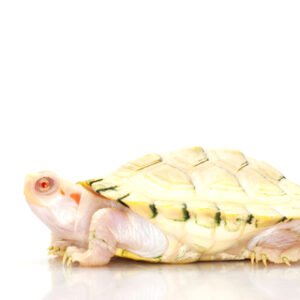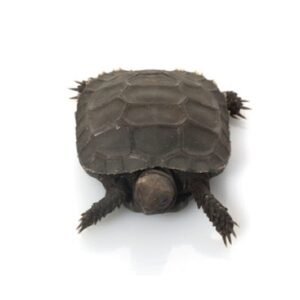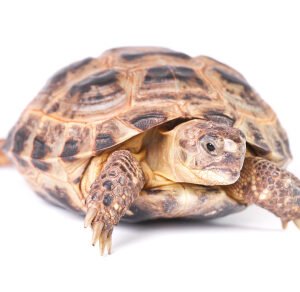Habitat and Characteristics of the Peninsula Cooter Turtle
The Peninsula Cooter Turtle (Pseudemys peninsularis) predominantly thrives in serene freshwater environments, making its habitat choices crucial for its survival. This species is commonly found in freshwater lakes, ponds, and rivers throughout the southeastern United States, particularly in Florida and parts of Georgia. These habitats are essential, as they provide not only ample food sources but also basking sites and vegetation necessary for their wellbeing. Wetlands and aquatic ecosystems are integral to the Peninsula Cooter Turtle’s natural habitat, serving as crucial corridors for movement, feeding, and reproduction.
Peninsula Cooter Turtles are distinguished by several unique physical characteristics that set them apart from other turtle species. Adults can grow to a size ranging from 10 to 15 inches in carapace length. Their shells exhibit a striking pattern of dark brown to olive green coloration, often with yellow or orange streaks which are particularly prominent in younger individuals. The distinctive markings and variations in shell color can sometimes assist in identifying the individual turtles within their populations. Additionally, their elongated necks and strong limbs are adapted for swimming, allowing them to navigate through aquatic environments effectively.
This species is primarily herbivorous, feeding on aquatic vegetation, algae, and floating leaves, which are abundant in their watery habitats. The Peninsula Cooter Turtle plays a significant role in maintaining the health of freshwater ecosystems by contributing to the control of aquatic plant growth. The geographical distribution of this species emphasizes the importance of protecting its wetland habitats, as any degradation to these areas poses a significant threat to their survival. Conservation efforts aimed at preserving both the Peninsula Cooter Turtle and its natural habitat are essential for ensuring the sustainability of this captivating turtle species.
Behavior, Diet, and Conservation Efforts for the Peninsula Cooter Turtle
The Peninsula Cooter Turtle (Pseudemys peninsularis) exhibits a variety of interesting behaviors and dietary habits that are significant for its survival and the overall health of aquatic ecosystems. Notably, these turtles are primarily herbivorous, feeding on a wide range of vegetation, including aquatic plants, algae, and detritus. Their feeding habits play a crucial role in maintaining the balance of their habitats, as they help control plant growth and contribute to the overall productivity of the ecosystem. By grazing on submerged vegetation, they promote habitat diversity which benefits various aquatic species.
In terms of social interaction, Peninsula Cooter Turtles are known to display a degree of social behavior, particularly during the breeding season. Males often engage in elaborate courtship displays to attract females, which can include head bobbing and the presentation of various postures. The reproductive strategy of this species involves nesting on land, where females typically lay clutches of eggs in sandy soil. This behavior ensures the continuation of the species, though the survival of the eggs is often threatened by predation and environmental factors. Understanding these behaviors is essential for effective conservation efforts.
Conservation of the Peninsula Cooter Turtle has become increasingly important due to a range of threats impacting their populations. Habitat loss due to urban development, pollution from agricultural runoff, and climate change pose significant risks to their survival. Research and monitoring strategies are being implemented to assess population health and identify critical habitats that need protection. Individuals and organizations can assist in conservation efforts by participating in local cleanup activities, advocating for wetland protection, and supporting policies aimed at reducing pollution. By promoting awareness and proactive measures, we can help secure a future for the Peninsula Cooter Turtle in its natural habitat.

